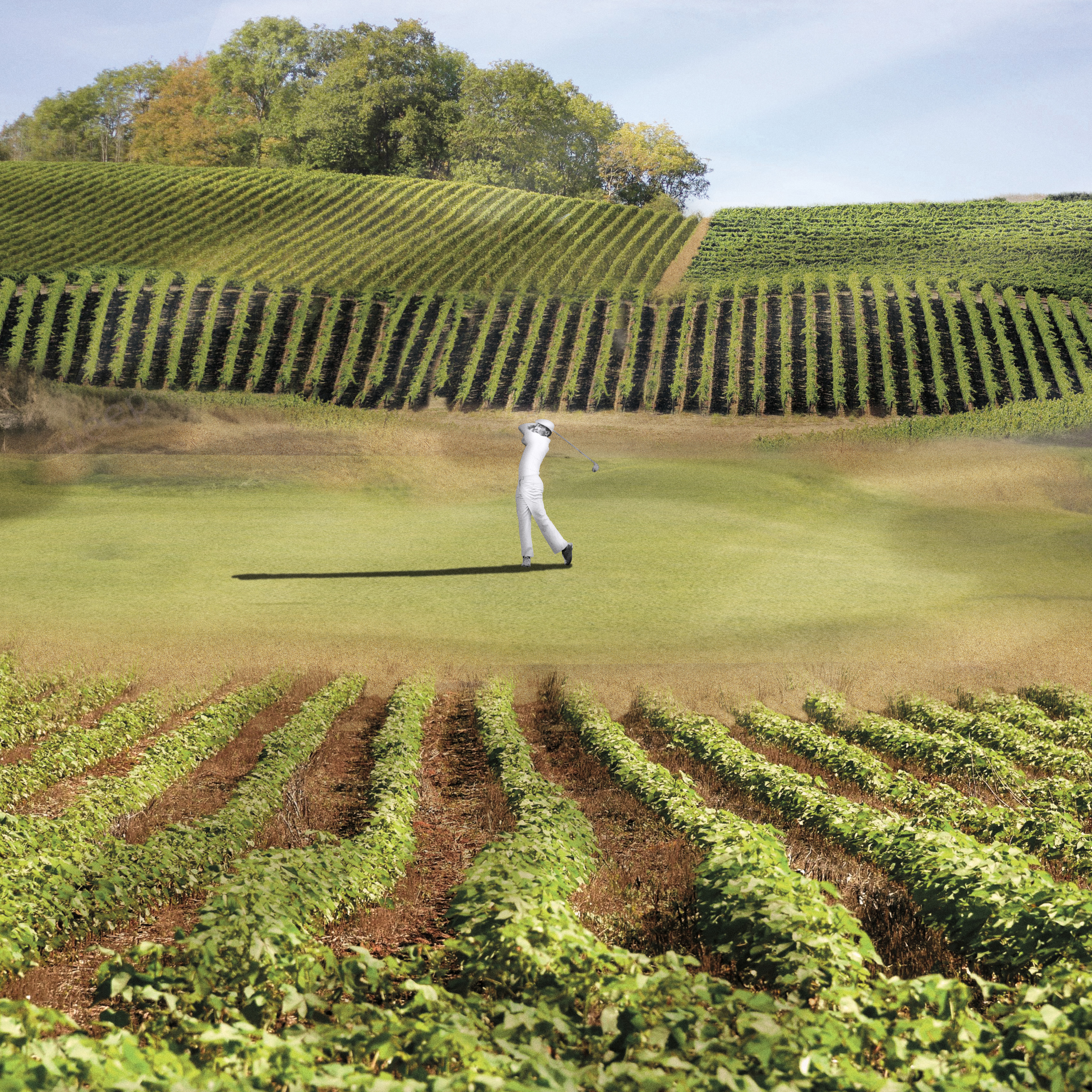Tutors
Sanne van den Breemer
Filip Geerts
Ilmar Hurkxkens
Director of Studies
Salomon Frausto
Contributors
Nigel Alarcon(MX), Pooja Bhave(IN), Mariano Cuofano(IT), Fabiola Cruz(PE), Alonso Díaz(MX), Xiaoyu Ding(CN), Ines Garcia‑Lezana(ES), Sandra Garcia(ES), Martino Greco(IT), Sebastian Hitchcock(ZA), Alejandra Huesca(MX), Yesah Hwangbo(KR), Takuma Johnson(US), Yi-Ni Lin(TW), Paola Tovar(MX), Cristhy Mattos(BR), Preradon Pimpakan(TH), Adi Samet(IL), Raymond Tang(US), Kulaporn Temudom(TH), Danai Tsigkanou(GR), Jesse Verdoes(NL), Rongting Xiao(CN)
